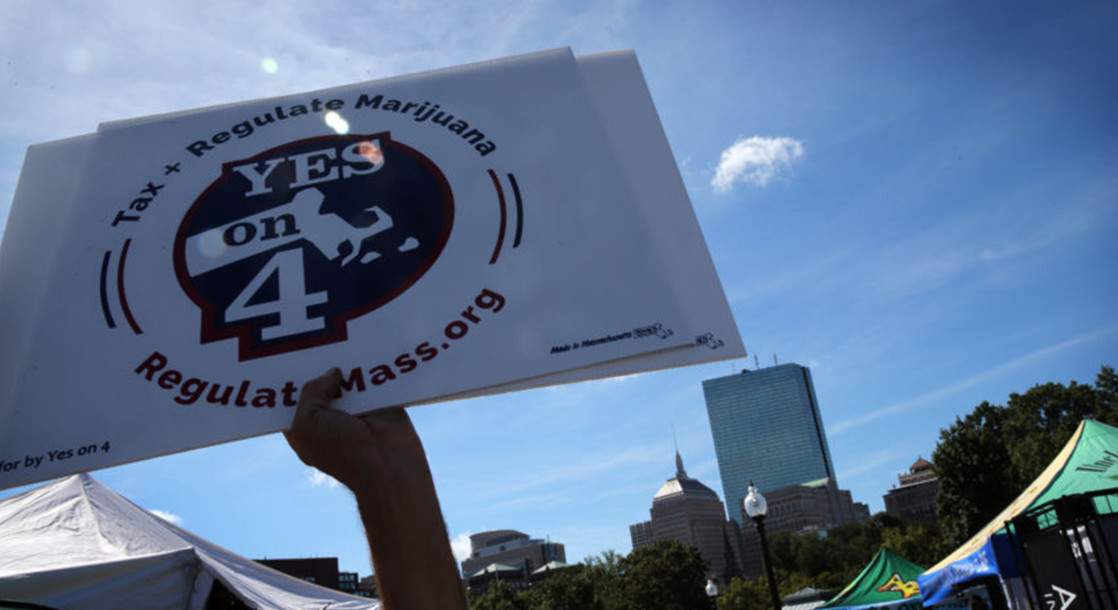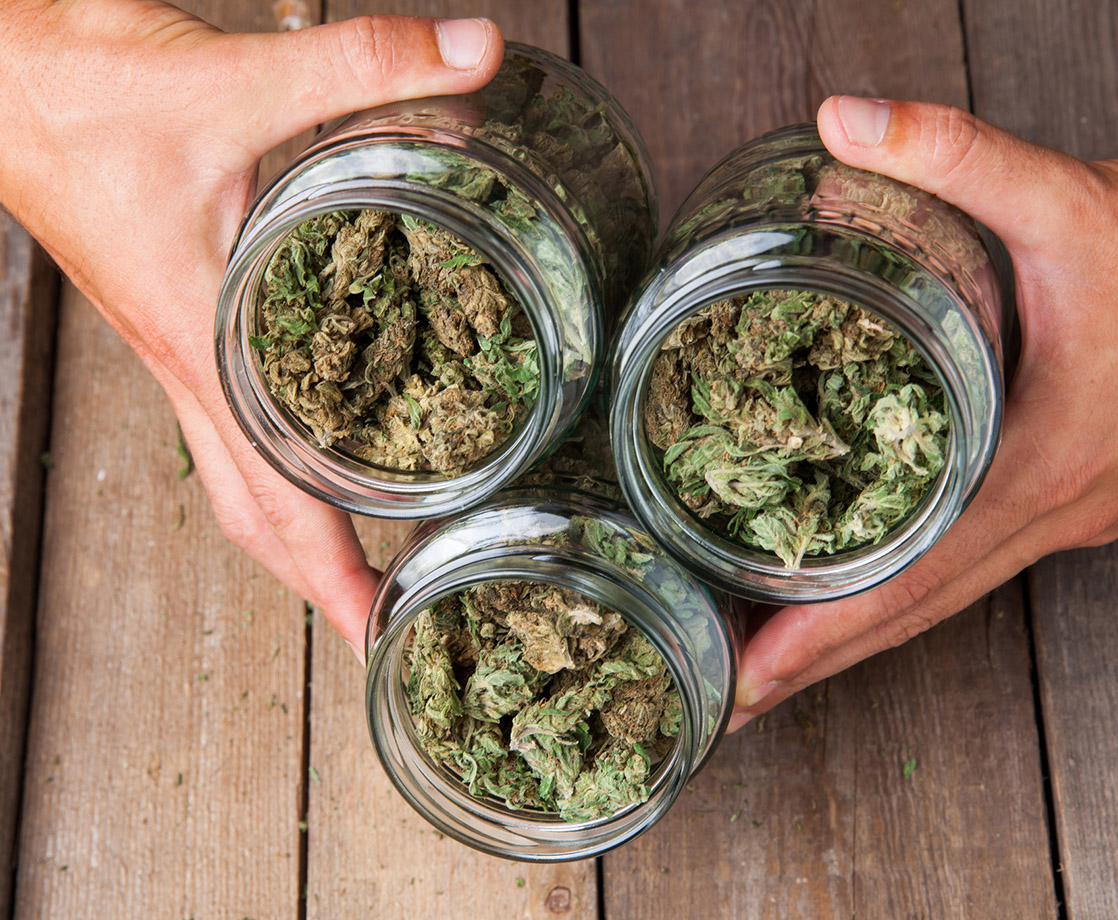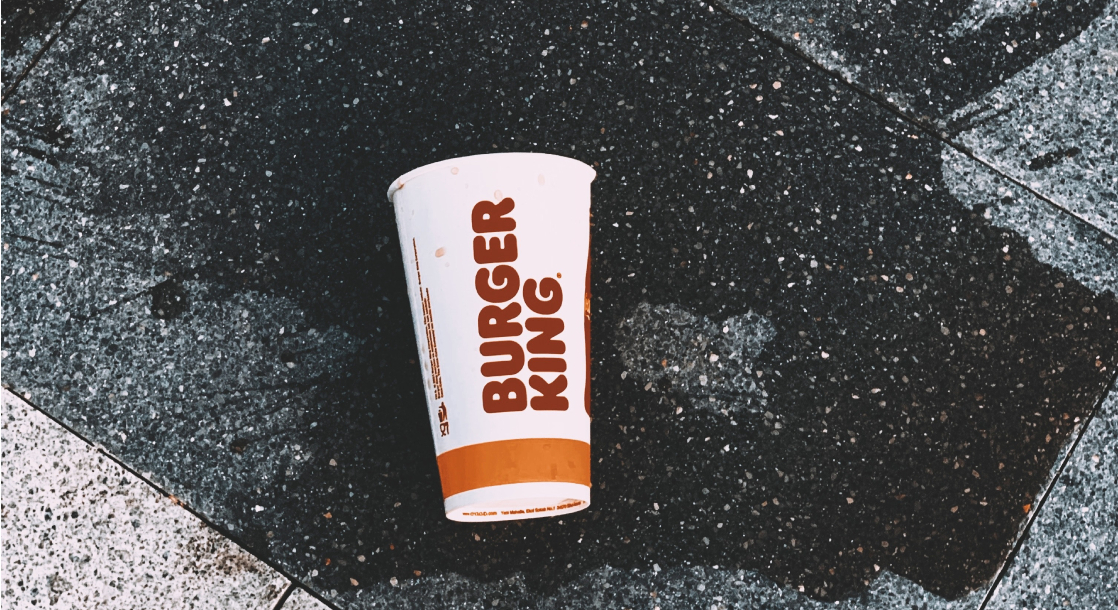If you need help coping with the outcome of last night’s presidential election, perhaps you can find some comfort in the widespread success that cannabis had as well. Out of the nine states voting on cannabis initiatives, four approved recreational use while another four said yes to medical.
While all eyes were on California, nearly 1.3 million voters in the Northeast state of Massachusetts also decided to legalize recreational cannabis through the ballot measure “Question 4”. The newly approved law, which goes into effect on December 15, 2016, will allow people 21 years and older to possess up to 1 ounce of marijuana outside their residence and 10 ounces inside the residence.
Still, a large number of the state’s elected officials and policymakers have been in staunch opposition to legalization, and have claimed that the ballot question is heavily flawed. Both the Massachusetts Legislature and Governor Charlie Baker, one of the top opponents of the measure, hold the power to rewrite the law.
Some have hinted at the possibility of making changes to the proposed legislation, stating the the excise tax is too low. Under the current state of the law, marijuana products and retail sales would be subject to the state sales tax plus an additional 3.75 % excise tax. On top of that, cities and towns can add another 2%, bringing the grand tax total to 12%.
In addition, policymakers could chose to revise the home growing provision of Question 4, as well lessening the 10 ounce limit that individuals are allowed to possess within their residence. The law itself would lead to a three-member Cannabis Control Commission, which will be appointed by state treasurer Deb Goldberg, another dissenter to legalization.
"The voters have spoken on legalization," said Senate President Stanley Rosenberg, one of the only supporters of legalization on Beacon Hill. "I look forward to swiftly implementing their will and working with Governor Baker and Speaker DeLeo to create a best-in-the-nation law that protects public safety while respecting the wishes of the voters."
As it stands now, retail pot shop are expected to be open by 2018, as the measure will allow the commission to issue licenses first to applicants with "the most experience operating medical marijuana treatment centers and then by lottery among qualified applicants" until Jan. 1, 2018. According to Will Luzier, campaign manager for “Yes on 4”, the proposed timelines align with the ones used in Colorado.
All in all, Massachusetts took a major step forward by voting in Question 4, but a battle against anti-cannabis state officials and policymakers still looms. Whether they will follow in the swift footsteps of Colorado or not remains to be seen.











